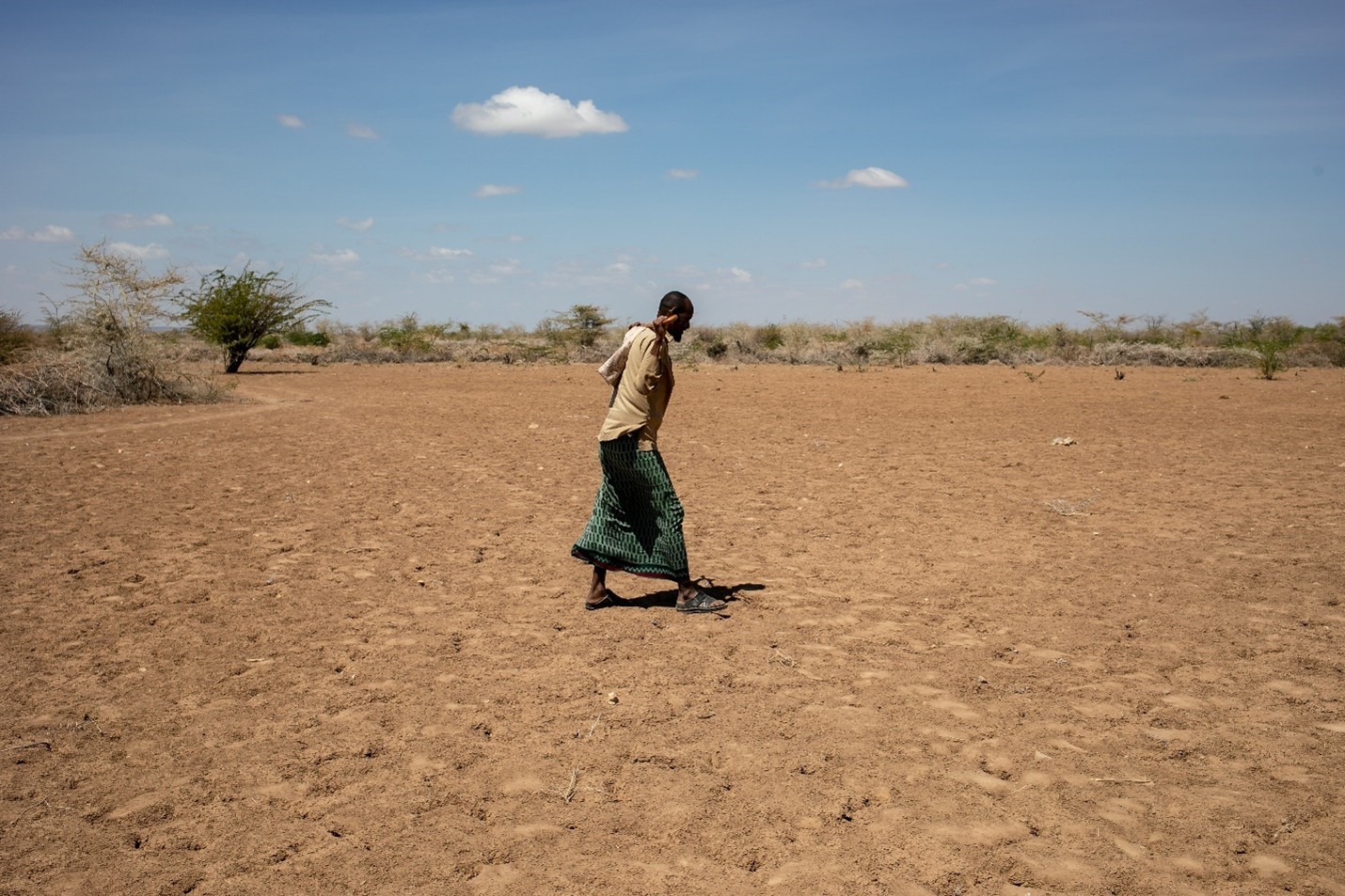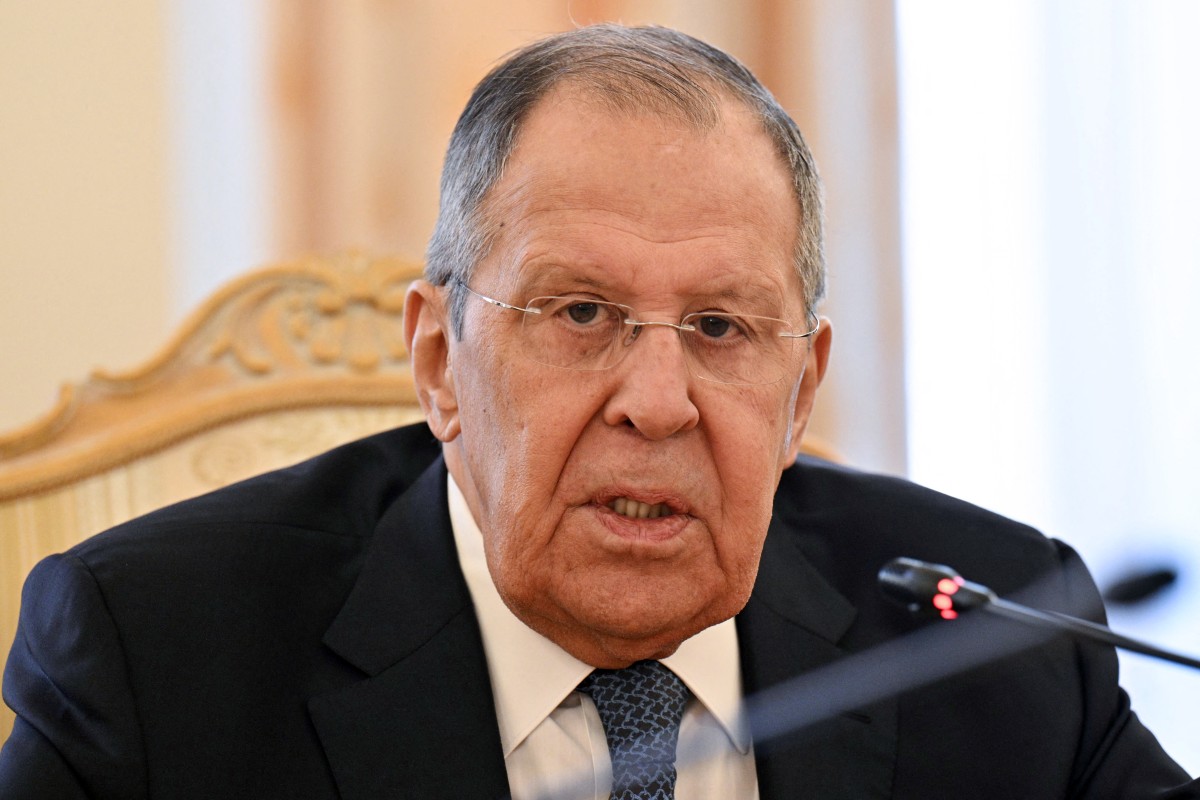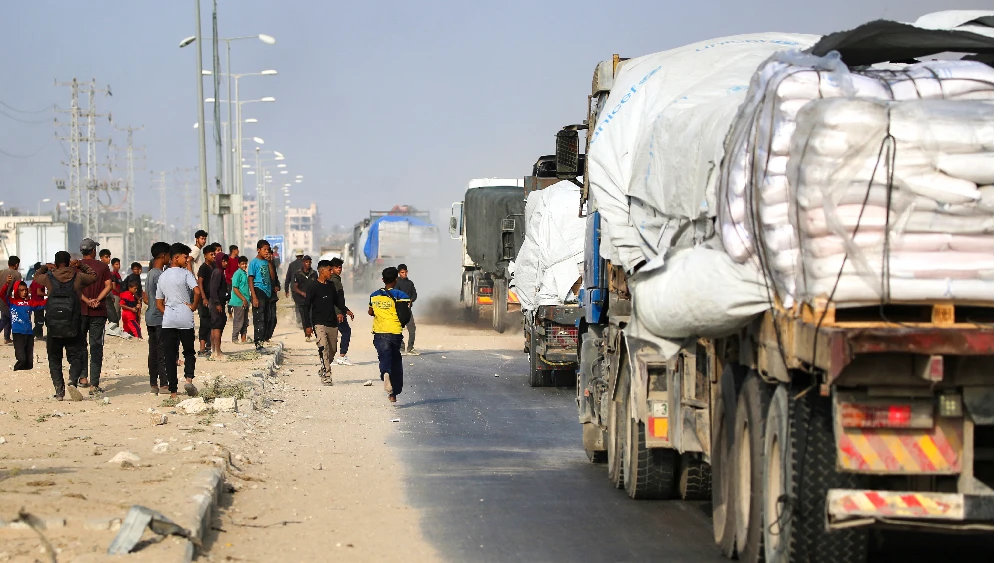MOGADISHU: Thousands of Somalis have been forced to leave their homes in recent years as drought, conflict and limited assistance made life in rural areas increasingly difficult, a report by Amnesty International said.
The report, “No Rain, No Food, No Animals: The Human Rights Impact of Drought and Displacement in Somalia,” said that between 2020 and 2023, people from southern Somalia moved to a refugee camp in Kenya after prolonged drought and economic strain left them without food, water or income.
Communities facing worsening conditions
Amnesty said drought linked to human-induced climate change had intensified since 2022, destroying crops and livestock and drying up water sources. Food prices rose by as much as 160% above pre-2020 levels, reducing access to basic goods and forcing displacement.
Somalia declared the drought a national disaster in 2021. The report said government spending on health remains below 5% of the national budget, lower than the 15% target set under the Abuja Declaration adopted by African Union countries.
Repeated displacement
Many people displaced by drought have moved several times, initially to camps in southern Somalia and later across the border. Amnesty said services along migration routes were limited, leaving people to travel long distances without food, clean water or health care.
Call for stronger response
The Amnesty International’s regional director for East and Southern Africa, Tigere Chagutah, said Somalia’s contribution to global warming was small but its people were among the worst affected.
“Somalia’s contribution to global warming is negligible, yet its people are bearing the brunt of the climate crisis,” Chagutah said. “Limited resources and ongoing conflict are not an excuse to neglect international obligations.”
Somalia ranks as the seventh most climate-vulnerable country in the world, according to the report. It mentioned that the government needed to develop climate-resilience policies and early-warning systems to reduce the impact of future droughts and floods.
Appeal for international assistance
Amnesty said Somali authorities should raise health and emergency spending and that high-income countries should meet financial and technical commitments to help Somalia adapt to the effects of climate change.
“The Somali authorities must urgently come up with climate-resilience policies that also address loss and damage,” Chagutah said. “The international community must step in to help Somalia adapt — not abandon it.”








.jpg)
